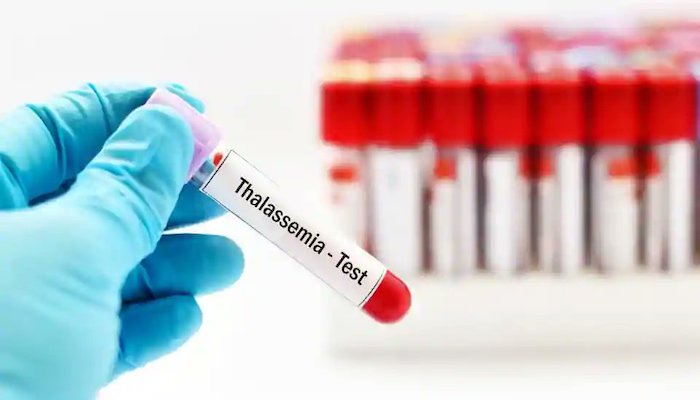
Muscat: Nearly 60 per cent of Oman's population carry a genetic blood disease gene, which could lead to health complications, a study conducted by the Ministry of Health and Sultan Qaboos University has revealed.
The latest studies conducted by the Ministry of Health and Sultan Qaboos University on the prevalence of hereditary blood diseases showed that 5.7 per cent of Oman's population carries the gene for sickle cell anemia, and 2.61 per cent the gene for thalassemia (B). A little more than one percent carry a gene for other sickle-cell diseases and nearly 10 per cent carry a gene from the genetic blood diseases genes in series (B), which are usually dangerous.
The study also indicated that 48 per cent of the population carries a gene for Thalassemia (A), and therefore around 57.31 per cent of the total population carry a genetic blood disease gene.
Dr. Thuraya bint Saif Al Hosni, Chairperson of the Board of Directors of the Omani Society for Hereditary Blood Diseases, said: "Hereditary blood diseases are transmitted from parents to children, and they are prevalent not only in Oman, but in many countries of the Middle East and the rest of the world."
In an interview with the Oman News Agency, she added: "Consanguineous marriage is among the reasons for the increase in its prevalence, and that many people may be carriers of these diseases from different regions. Children from marriages between non-relatives may be at some risk of carrying these genes."
She explained that the society seeks to spread awareness among members of society of these diseases, how they are transmitted and ways to prevent them, through holding events, awareness programs and educational forums in cooperation with a number of governmental and private health institutions, with a focus on cultivating a culture of early medical examination.